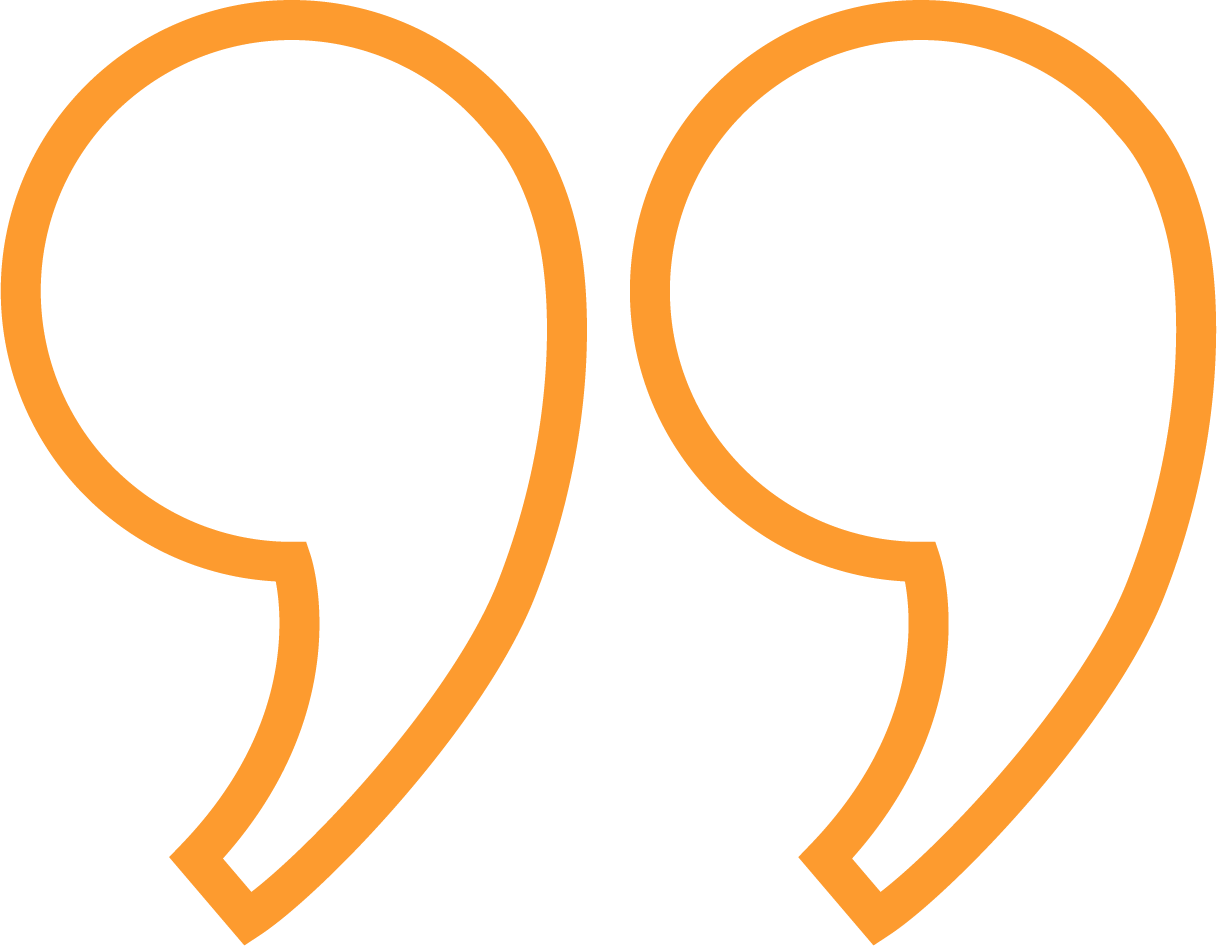
January 12, 2024
Uncategorized
At Life Line Services, we are dedicated to supporting individuals in their addiction recovery journey. One crucial aspect of this journey is practicing self-care. We will explore the importance of self-care in addiction recovery and provide practical strategies for nurturing physical, emotional, and mental well-being. By empowering yourself with self-care, you can enhance your overall wellness and build a solid foundation for sustainable recovery.
Self-care is a multidimensional concept that encompasses taking care of your physical, emotional, and mental health. It involves making conscious choices and engaging in activities that promote well-being. In addiction recovery, self-care plays a vital role in maintaining balance and fostering resilience. By prioritizing self-care, individuals can overcome challenges, cope with stress, and experience personal growth.
Physical health is closely linked to addiction recovery. To nurture your physical well-being, consider the following strategies:
Recovery involves addressing emotional challenges and nurturing mental well-being. Here are some strategies to support your emotional and mental health:

Despite seeing a loved one struggle, family members can and ideally do play a major role in the treatment process.



Having a strong support system is crucial in addiction recovery. Consider the following strategies to build a supportive social network:
Holistic approaches complement traditional recovery methods and promote overall well-being. Consider incorporating the following practices into your self-care routine:
Prioritizing self-care may come with challenges. Here are some strategies to overcome obstacles and sustain self-care practices:
Self-care should not be seen as a temporary practice but as a sustainable lifestyle in recovery. Consider the following to promote long-term wellness:
Practicing self-care is an empowering and transformative journey in addiction recovery. By prioritizing your physical, emotional, and mental well-being, you can enhance your overall wellness and build resilience. At Life Line Services, we are here to support you on this journey, providing resources, guidance, and a community that understands and encourages your commitment to self-care.
Finding the right therapist or counselor is essential. Start by seeking recommendations from your healthcare provider, support groups, or trusted individuals who have experience with addiction recovery. Consider factors such as their specialization, approach, and compatibility with your personality and goals.
Absolutely. Self-care can help you manage cravings and withdrawal symptoms by providing healthy coping mechanisms and reducing stress. Engaging in self-care activities can distract your mind, promote relaxation, and enhance your overall well-being during challenging times.
Time management can be challenging, but it’s crucial to prioritize self-care. Start by identifying small pockets of time throughout your day where you can engage in self-care activities. Even a few minutes of mindfulness, deep breathing, or engaging in a hobby can make a significant difference.
No, self-care is not selfish. Taking care of yourself is an essential part of recovery, allowing you to replenish your energy, build resilience, and maintain overall well-being. By prioritizing self-care, you are better equipped to support yourself and others in your recovery journey.
Absolutely. Holistic approaches can complement traditional addiction treatment methods. It’s important to communicate and collaborate with your healthcare professionals to ensure that all approaches align and support your recovery goals.
Remember, self-care is a personal journey, and what works for one person may differ for another. Find what resonates with you, and embrace self-care as a powerful tool for wellness in your addiction recovery journey.
Post Tags :
Recent Posts






Explore
Copyright © 2025 Life Line Services. All Rights Reserved.
Fueled By Antilles Digital Media